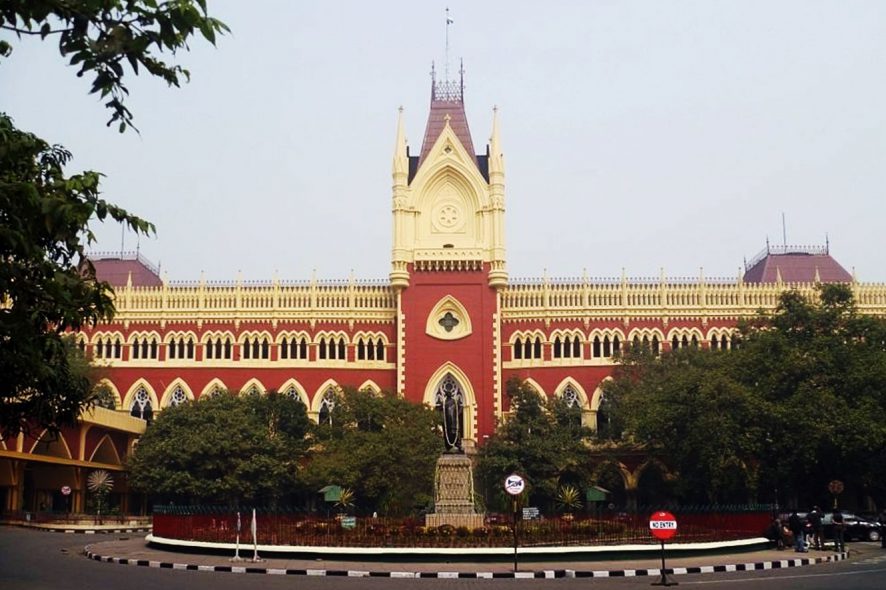Calcutta High Court: Sahidullah Munshi, J. allowed a writ petition assigned before the Court on the request for reference by the Single Bench of the Court in a matter pertaining to arbitrary termination of service of the petitioner.
In the present case, the petitioner was an emeritus professor of the Hooghly Engineering and Technology College Service (HETCS), which had been formed under the provisions of the West Bengal University of Technology Act, 2000. The college was affiliated to the University namely, Maulana Abul Kalam Azad University. On 23-03-2018, a termination letter was issued to the petitioner by the Secretary, HETCS and it showed that petitioner’s service was no longer required and with it, one month’s advance salary of Rs 40,000 in lieu of one month’s notice was deposited in the petitioner’s account. Prior to this, on 26-09-2017, he was also issued a show cause notice by the then Principal of HETCS. The very authority of the show cause notice issued by the Principal was the basis for the cause of action in the present writ petition.
The petitioner contended that the Principle had no authority to initiate any proceeding against the petitioner for his removal as on the day when the letter was issued he was not the Principal; and secondly, the allegations made against the petitioner were bald, unfounded allegations which could never be proved against him.
Kallol Basu appearing for the Secretary challenged the maintainability of the writ petition under Article 226 of the Constitution. He submitted that, “the institution is a private institution and having not been financed by the State it does not come within the purview of Article 12 of the Constitution and the writ proceeding is not maintainable.”
The Court held, “it is absolutely clear that Respondent 3/college received Government aid from the Government of West Bengal from time to time and thus there is no doubt that the said college comes within the purview of Article 12 of the Constitution and the writ petition can be held to be maintainable against any action of such college receiving Government aid.”
The Court also relied on the case of Andi Mukta Sadguru Shree Muktarjee Vandas Swami Suvarna Jayanti Mahotsav Smarak Trust v. V.R. Rudani, (1989) 2 SCC 691, where it was held, “The term “authority” used in the context, must receive a liberal meaning unlike the term in Article 12 which is relevant only for the purpose of enforcement of fundamental rights under Article 32.” Thus, the writ petition was held maintainable.
Further, on the merits of the case, it was held, “In my view, all actions including the actions taken by the Secretary terminating the petitioner’s service are without jurisdiction and all actions taken against the petitioners have vitiated being unauthorised exercise of authority. The entire proceeding being unsustainable, the order of suspension and termination cannot remain alive and those are set aside.”
In the view of the above, the petitioner was entitled to his salaries (full salary from the day when he was placed under suspension) considering that no proceeding had been initiated against him.[Dr Sankar Prasad Mukherjee v. Maulana Abul Kalam Ajad University, 2019 SCC OnLine Cal 659, decided on 16-05-2019]







